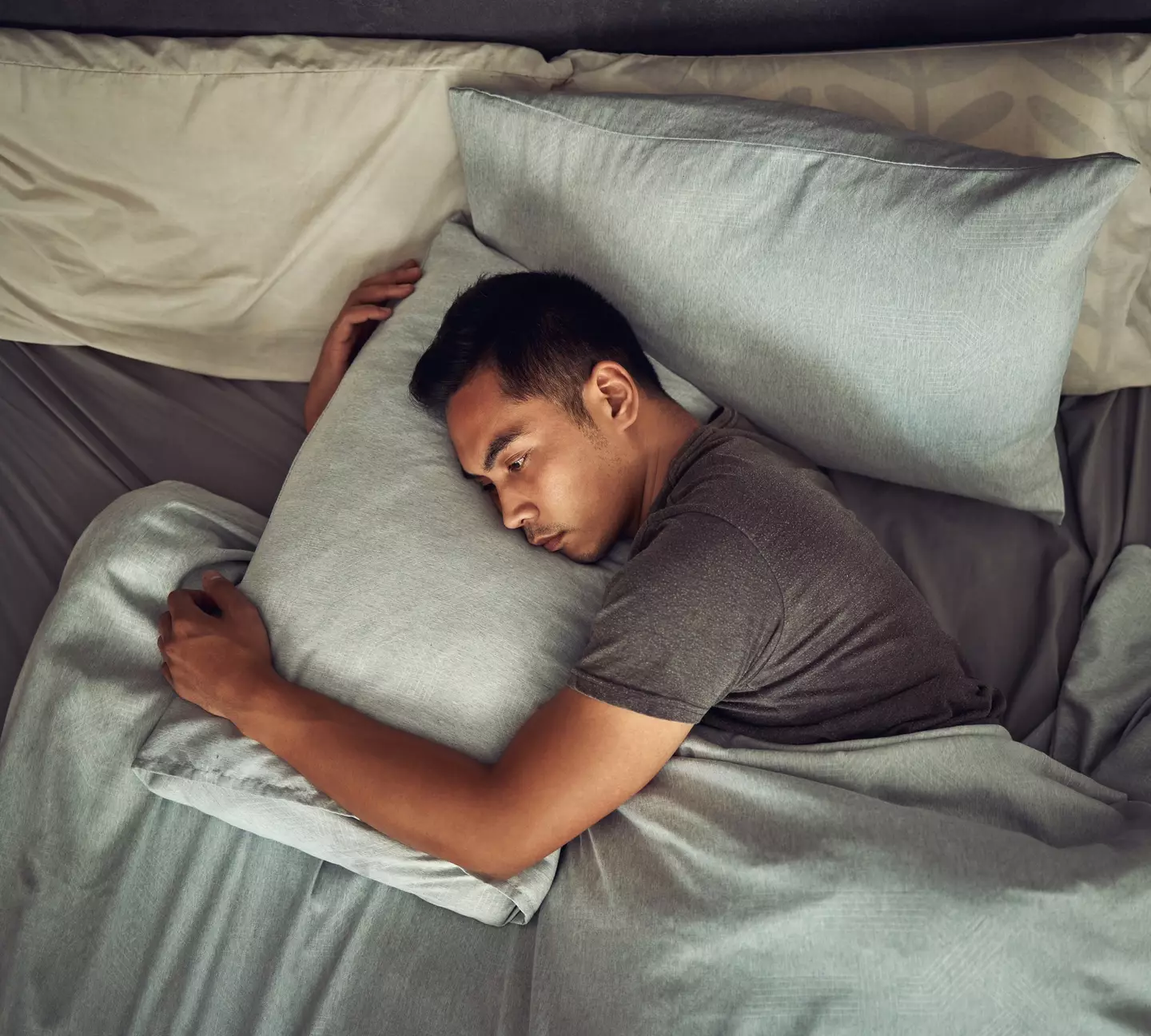There is something we are doing that may be damaging our brains, and it’s probably not what you think.
In today’s world, many activities we engage in could potentially harm us over time, such as spending late nights scrolling through social media, consuming ultra-processed foods, or drinking diet soda.
It seems like everything might be detrimental these days. However, these activities share a common consequence: they all affect one of our most vital organs – the brain.
One crucial element the brain requires for optimal function is sleep. Numerous studies have explored how poor sleep habits affect brain health, but inadequate rest might also play a role in accelerating brain aging.
A study conducted by the Karolinska Institute in Sweden investigated how poor sleep patterns could cause the brain to appear ‘older.’
The researchers analyzed sleep behavior and brain MRI data from over 27,000 UK adults aged between 40 and 70.

The study revealed that individuals with reported sleep issues had brains that appeared to age prematurely.
To assess the brain’s age, the researchers utilized more than ‘1,000 different imaging markers from MRI scans’ with a machine learning model. This model focused on individuals without significant health issues, where their brain age closely matched their chronological age.
After the machine model identified what a normal brain should look like, it was applied across the entire study population. Researchers discovered that for each one-point decline in sleep quality, the brain aged approximately six months. Those with the poorest sleep patterns had brains about a year older than their biological age.
The researchers evaluated various aspects of sleep quality, dividing them into five factors: duration of sleep, the presence of snoring, insomnia occurrence, daytime fatigue, and whether one is a ‘morning’ or ‘evening’ person.
They acknowledged that one symptom could lead to another, such as experiencing insomnia potentially leading to increased daytime fatigue.
These five factors were combined to create a healthy sleep score, which was used to categorize participants based on their sleep quality.

The findings indicated that individuals with four or five healthy sleep traits had a ‘healthy’ sleep profile, those with two to three traits had an ‘intermediate’ profile, and those with zero or one had a ‘poor’ sleep profile.
Overall, the study concluded that being a night owl and having an irregular sleep duration were the most significant factors contributing to brain aging, potentially increasing the risk of cognitive decline, dementia, and other neurological disorders.
But there’s hope; habits can be adjusted for better sleep, as suggested by one of the study’s co-authors, Abigail Dove, who emphasized that sleep habits can be improved.
In an article for The Conversation, she offers strategies such as reducing caffeine, alcohol, and screen time before bed, and ensuring a quiet and dark bedroom environment.

